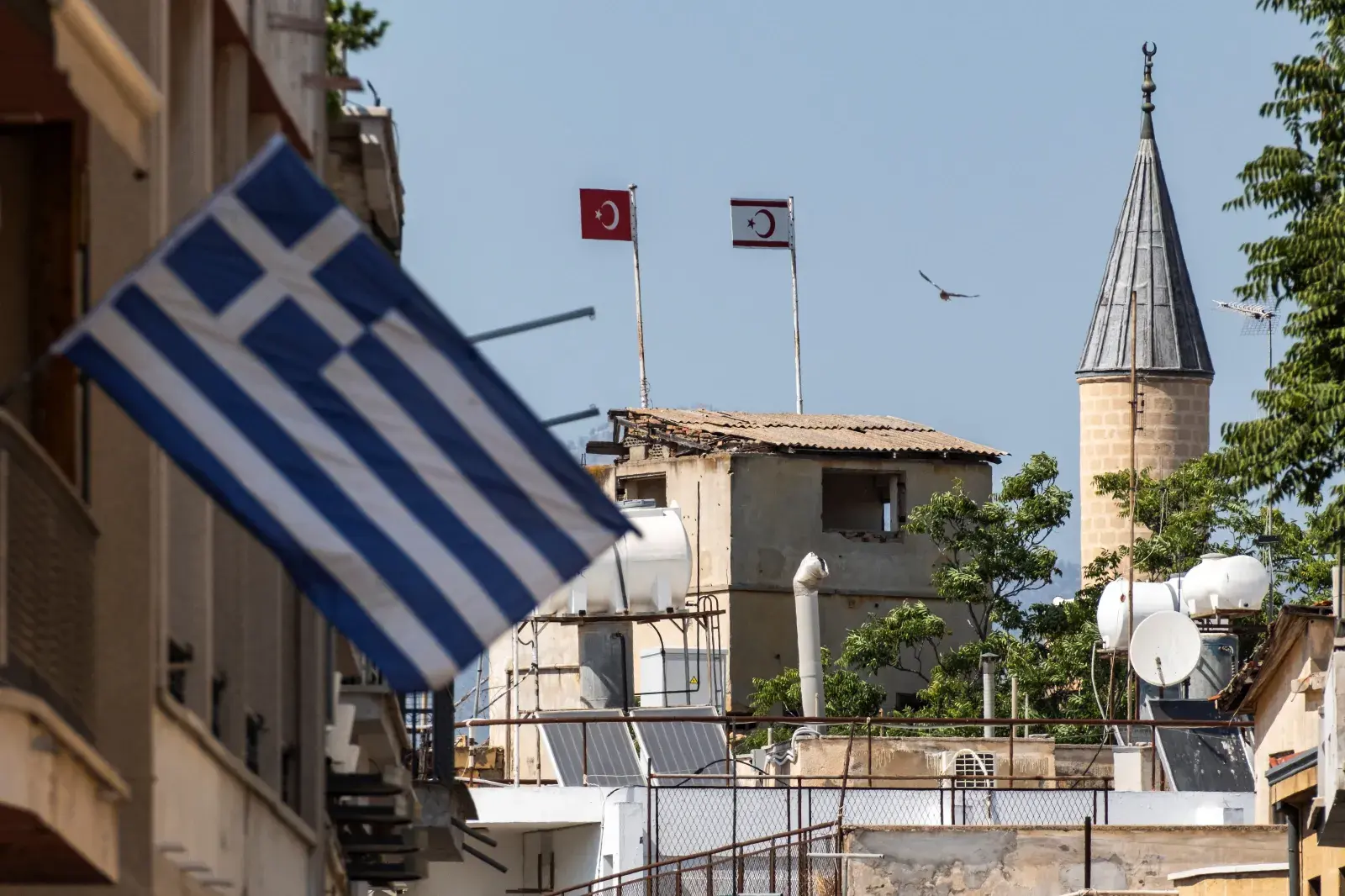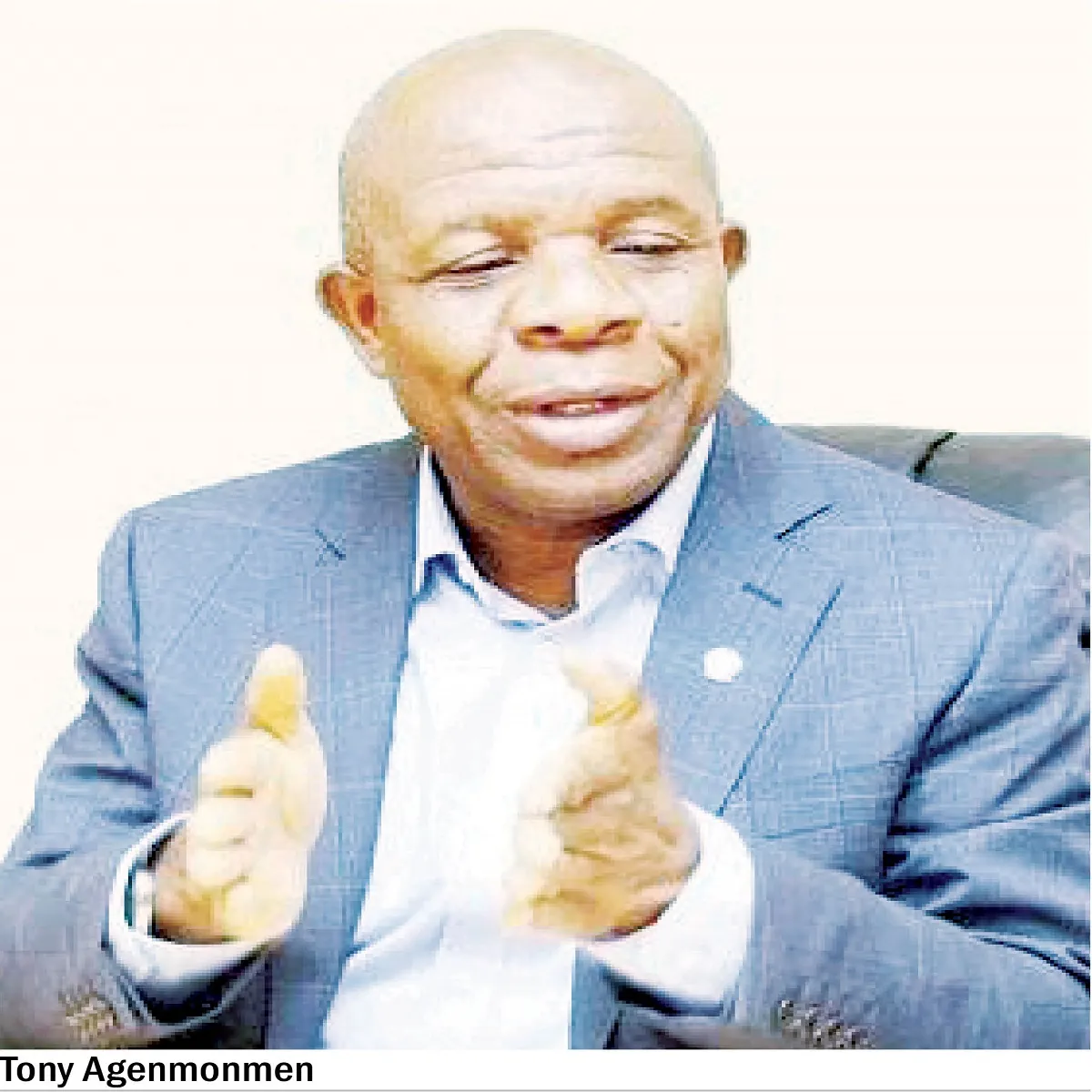Copyright newsweek

The U.N.-patrolled demilitarized zone separating Cyprus from the breakaway Turkish Republic of Northern Cyprus (TRNC) is unlike any other buffer zone in the world. Unlike the heavily fortified strip dividing the Koreas or the few small villages in the no-man’s-land between Israel and Syria, Cyprus’s “Green Line” hosts several thousand inhabitants, bustling tavernas, a four-star hotels, and even a university. Until 1960, Cyprus was a British colony. Like so many of Britain’s multiethnic territories—from India to Nigeria to the Mandate of Palestine—London employed a divide-and-rule strategy that caused or deepened intercommunal rifts. After independence, tensions between the island’s Greek and Turkish communities flared into sporadic violence. But what ultimately cemented Cyprus’s partition was a 1974 Greek-backed coup that overthrew President Makarios III and installed a hardline nationalist, Nikos Sampson, who sought union with Greece. Within days, Turkey invaded, leading to the current borders. A Greek national flag (foreground) hangs on the southern side of Cyprus’ divided capital Nicosia near the buffer zone, which separates the internationally recognized Republic of Cyprus and and the self-proclaimed Turkish Republic of Northern Cyprus, as flags of Turkey (C) and the TRNC (R) are seen on a Turkish military outpost on July 9, 2024. (Photo by AMIR MAKAR/AFP via Getty Images) The invasion reshaped the island’s map. Once a mosaic of mixed villages, Cyprus became split with a Greek south and a Turkish north, separated by the 180-kilometer Green Line. In 1983, the Turkish Republic of Northern Cyprus declared independence—a move recognized only by Ankara. That buffer zone quietly turned 50 last year, making Cyprus Europe’s longest frozen conflict. But now, there are signs that a thaw is possible. On October 19, Turkish Cypriots delivered a stunning verdict. Pro-reunification candidate Tufan Erhurman won the TRNC presidential election in a landslide, defeating Turkey-backed incumbent Ersin Tatar by 27 points. Erhurman campaigned on a federal solution to reunify the island, emphasizing closer ties with the European Union (EU). His victory is a clear message. It reflects the deep desire of Turkish Cypriots to end the economic and diplomatic isolation that has kept the north in limbo for decades. The TRNC’s isolation is suffocating. All international flights, mail and shipping routes must pass through Turkey. Direct trade with the world is banned. TRNC banks are cut off from SWIFT and IBAN systems, forcing residents and businesses to rely on Turkish intermediaries. Degrees from northern universities face recognition issues abroad. TRNC officials cannot participate in global forums or open embassies. As a result, the north is economically dependent on Ankara—and socially frustrated. Many Turkish Cypriots, especially the younger generation, have left for the U.K. or EU countries in search of opportunity. Turkey has long styled itself as the protector of Turkish Cypriots, but that protection often comes with strings attached. Last summer, the TRNC’s ruling coalition—backed by Ankara—lifted a ban on wearing the hijab in schools, echoing President Recep Tayyip Erdogan’s long campaign to roll back secular restrictions in Turkey. The move sparked large protests and teacher strikes and was ultimately struck down by the TRNC Supreme Court as unconstitutional. The demographic balance has also shifted. According to Cypriot scholar Nikos Moudouros, roughly 40–45 percent of TRNC citizens now have one or no Turkish-Cypriot parent, following mass naturalizations of Turkish settlers in recent years. Turkey seems content with the current setup. The TRNC holds immense strategic value for Turkey—militarily, politically and geographically. Northern Cyprus gives Ankara a foothold deep in the Eastern Mediterranean, near key maritime routes and vast offshore gas reserves. Turkey has steadily expanded its military presence there, with plans reportedly underway to boost troop levels from 40,000 to 100,000, a move viewed by many as both a deterrent and a signal of permanence. For Ankara, the TRNC serves as a forward operating base and a pressure lever in its disputes with Greece, Israel and regional rivals over maritime boundaries and energy exploration. Erdogan has championed a two-state model and personally campaigned for Ersin Tatar in 2025, calling his support for Tatar’s vision “absolute.” While there is no public evidence of covert interference this time, a 2020 civil society report documented Turkish pressure and intelligence involvement in that earlier election. Edogan’s public reaction to Erhurman’s victory has been cautious. But voices in his nationalist circle were less restrained. Nationalist Movement Party (MHP) leader Devlet Bahçeli even urged the TRNC parliament to reject the results and formally unite with Turkey—despite a healthy 64.8 percent voter turnout. The small village ...



